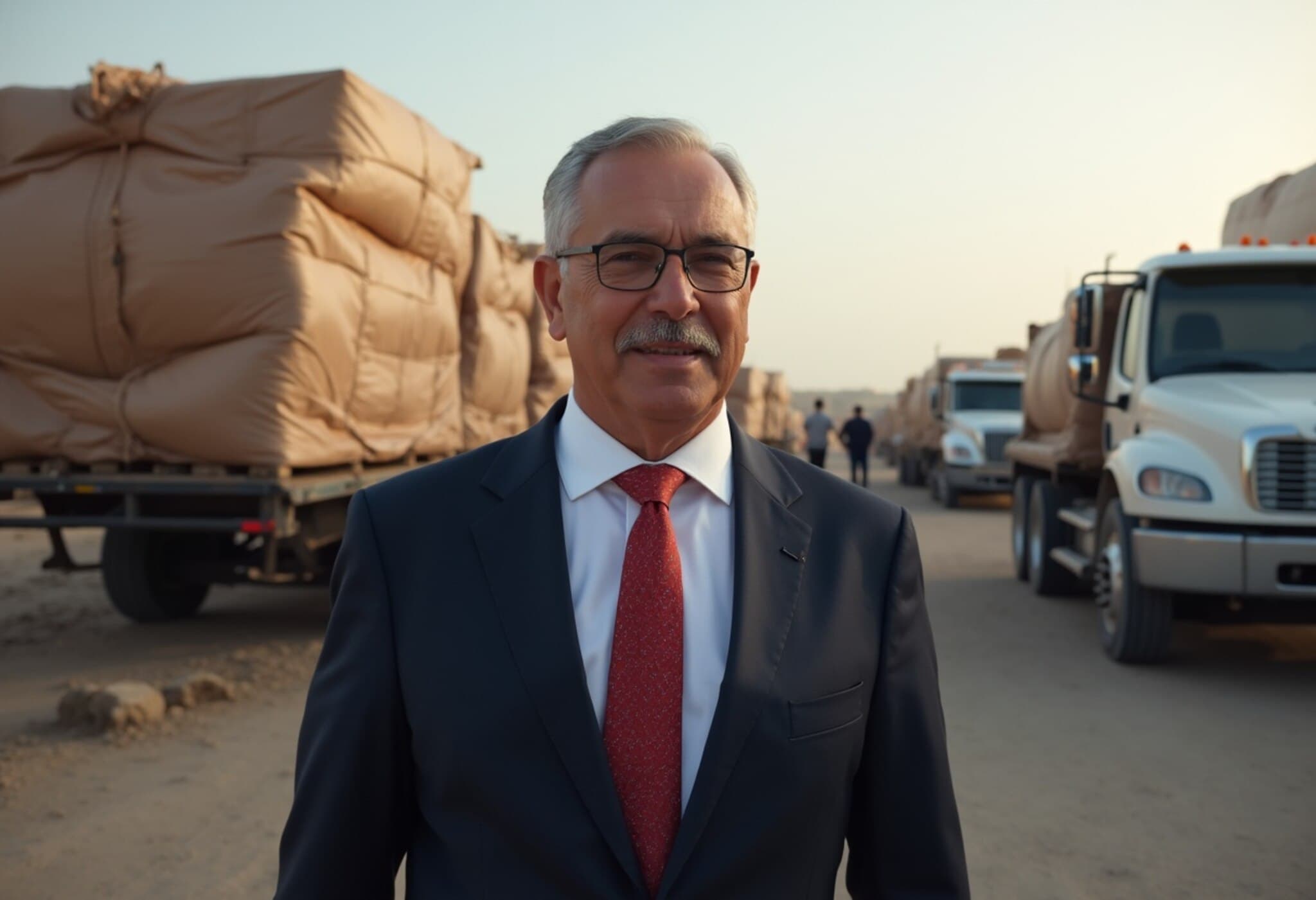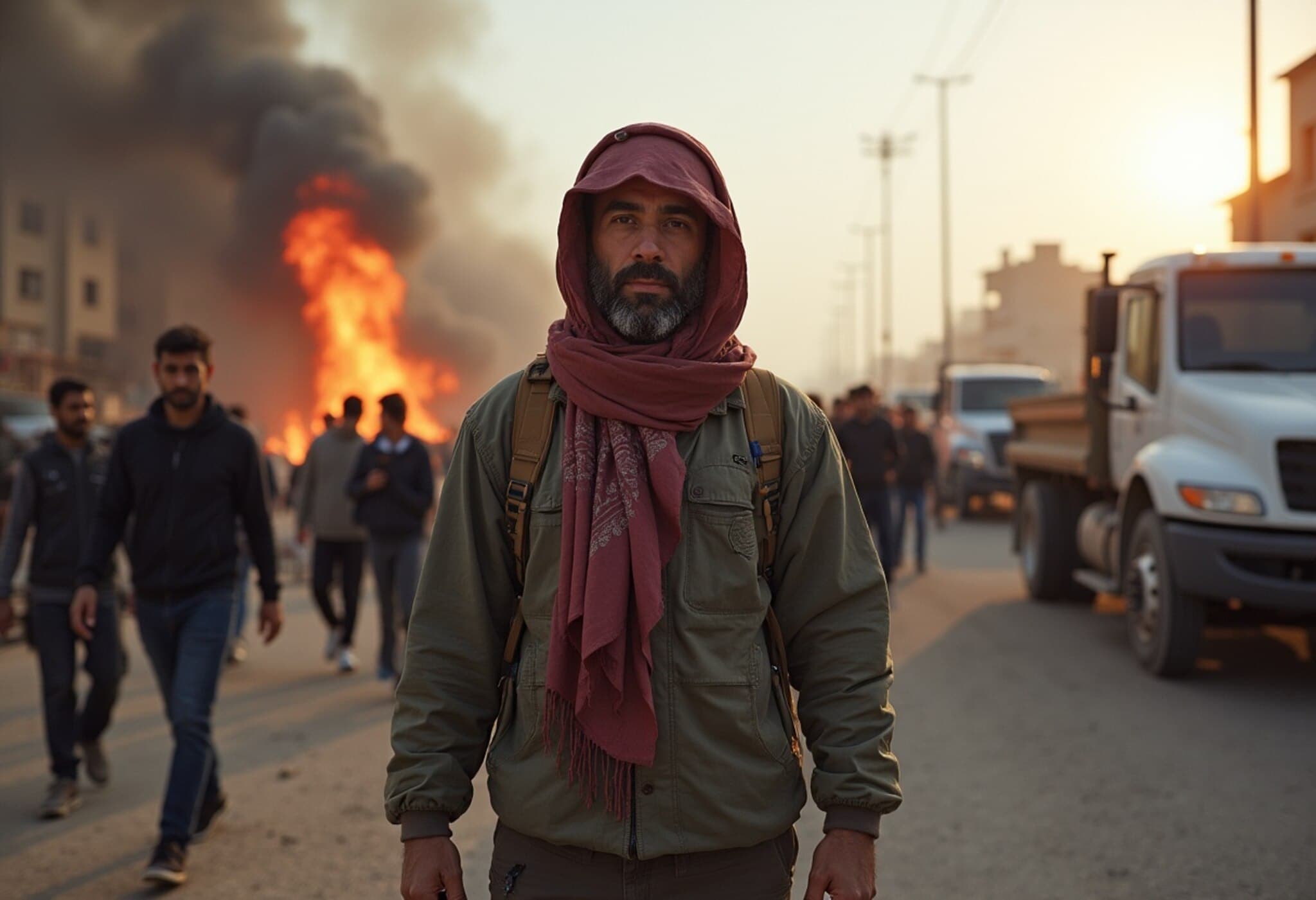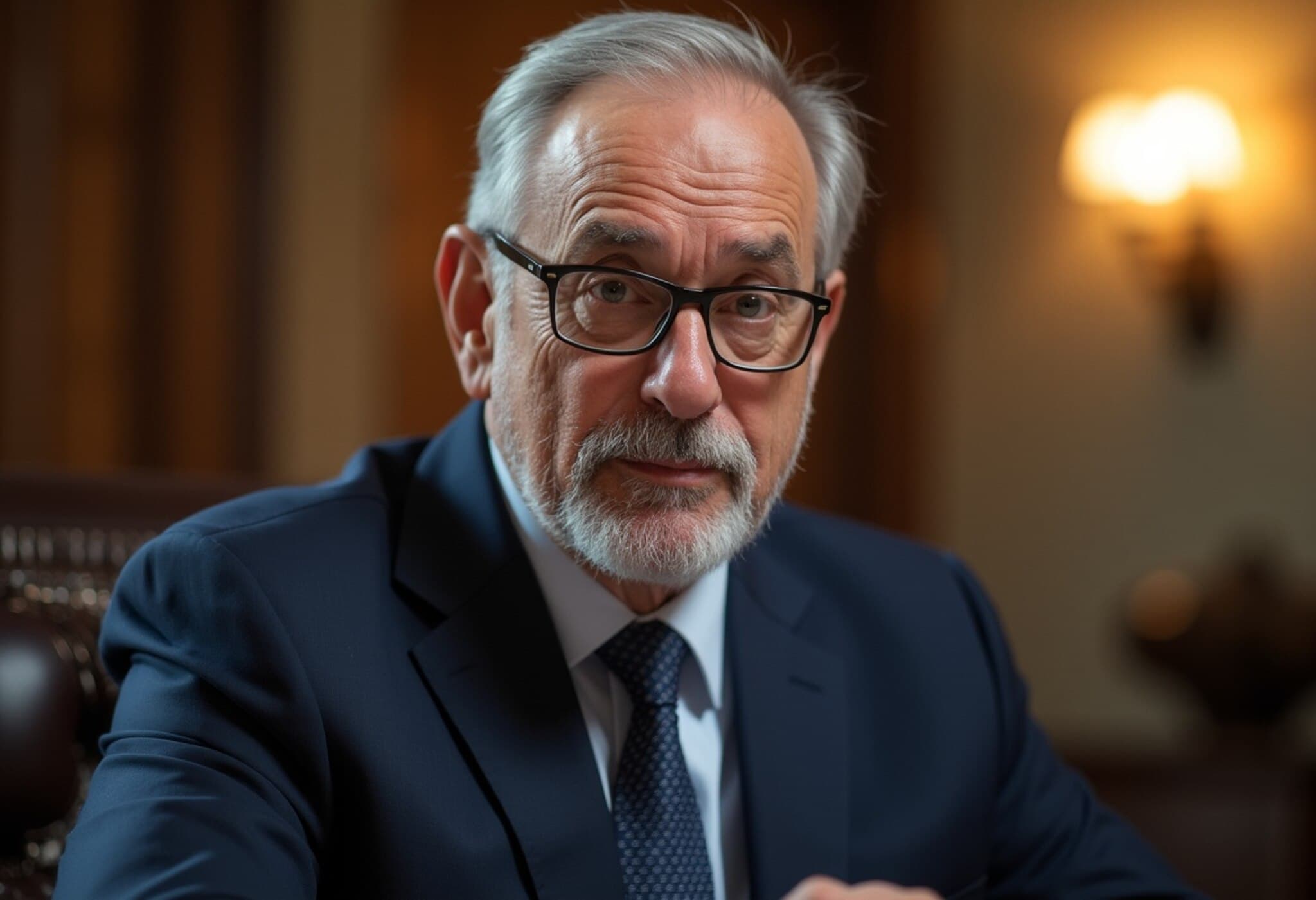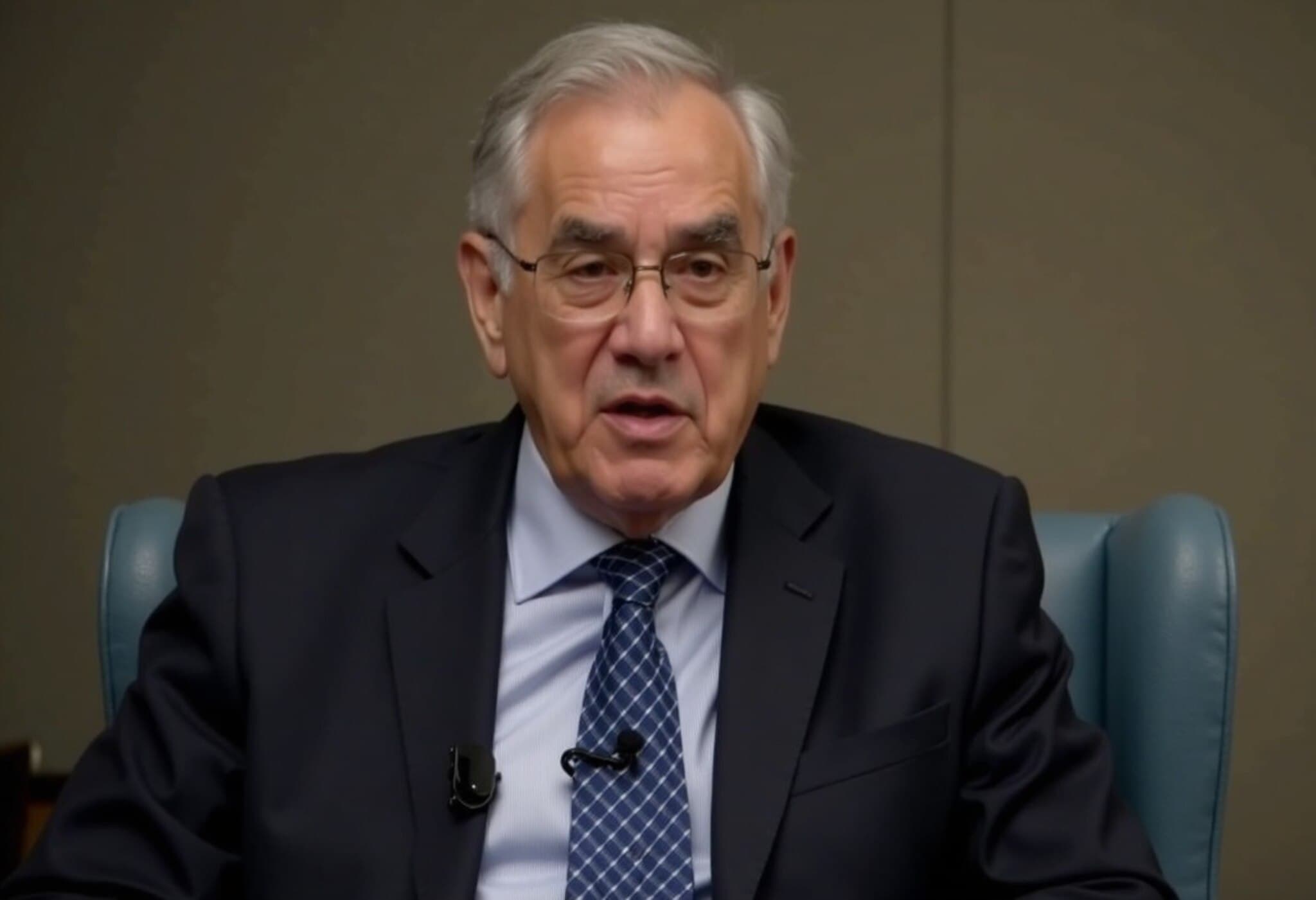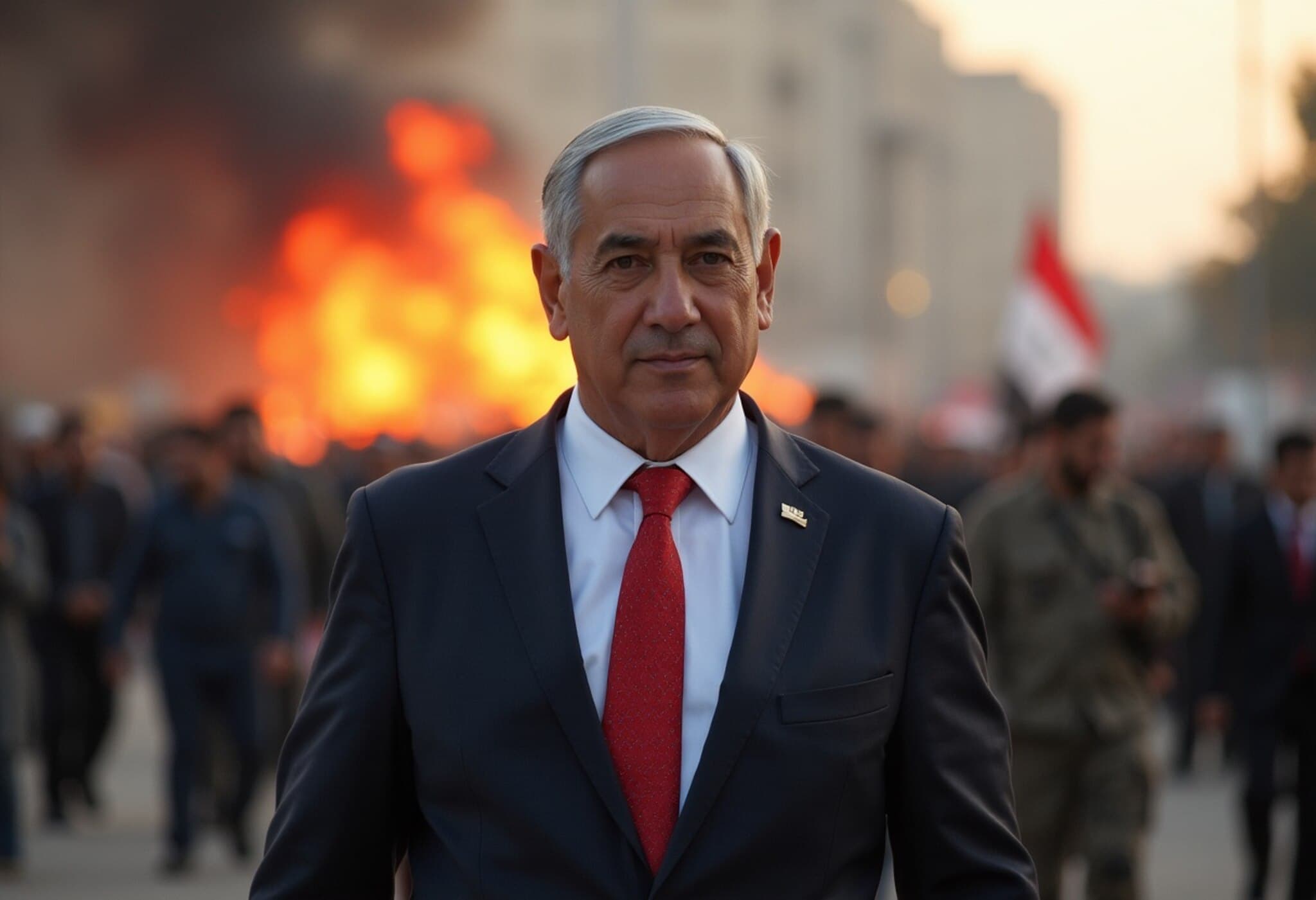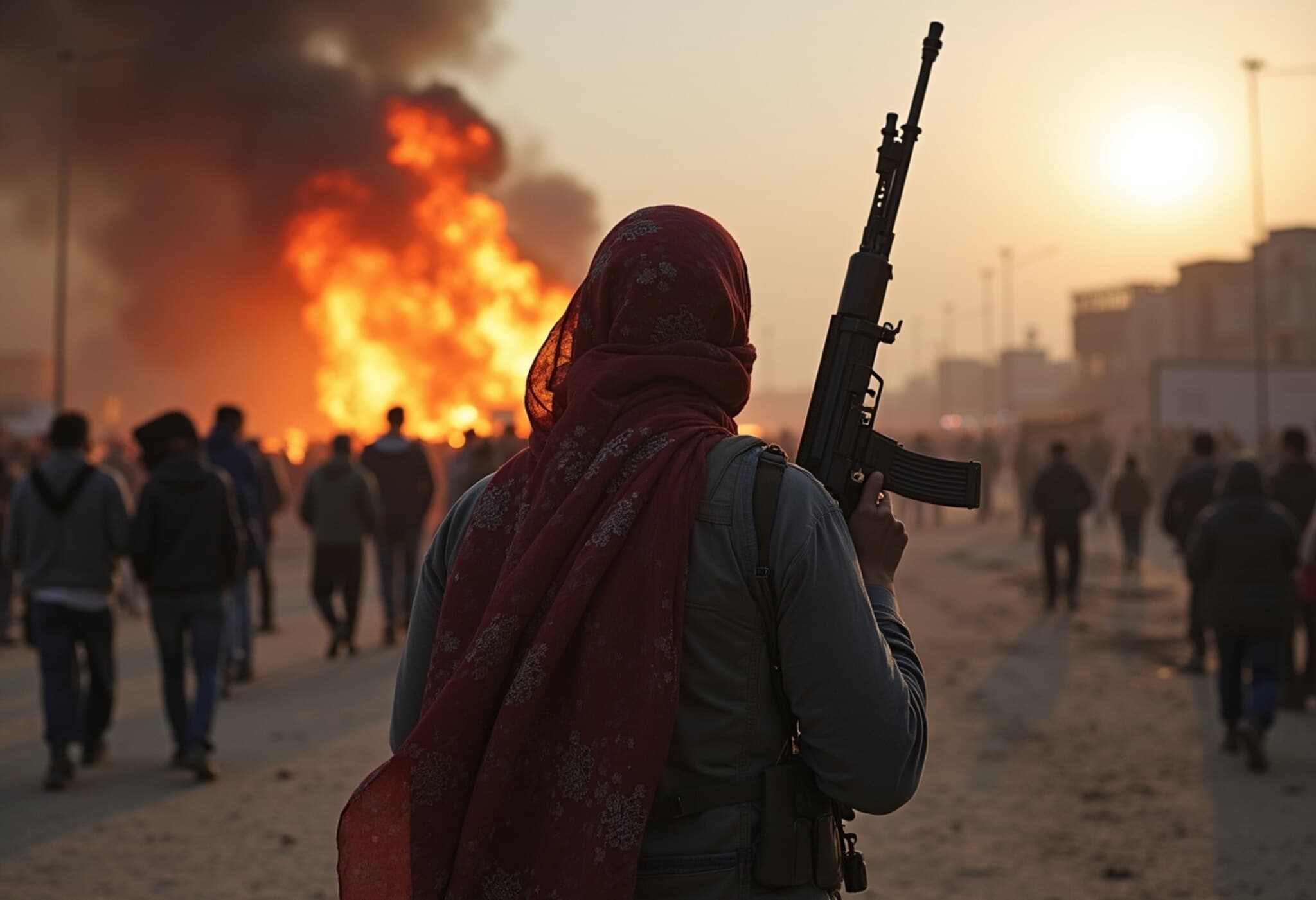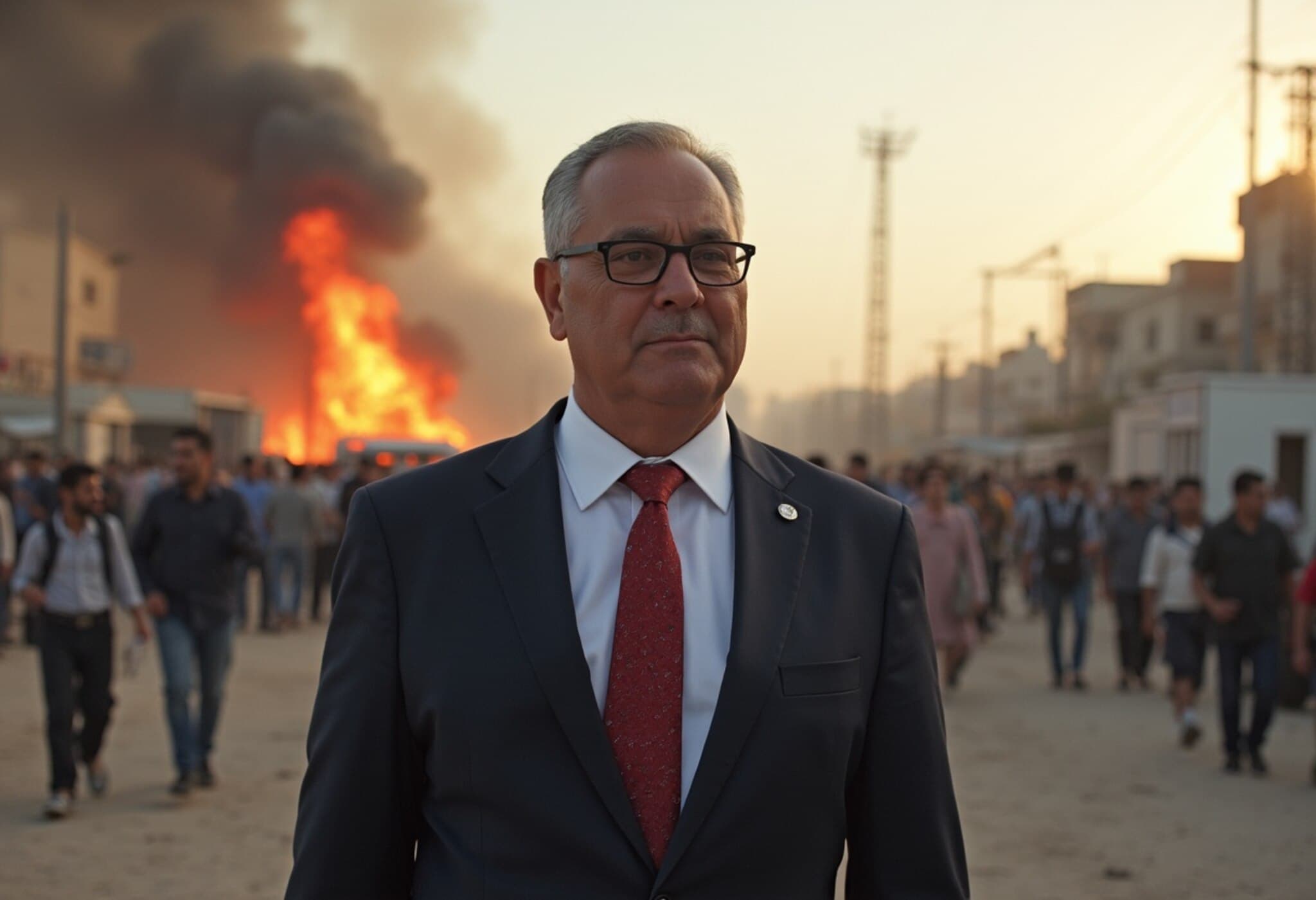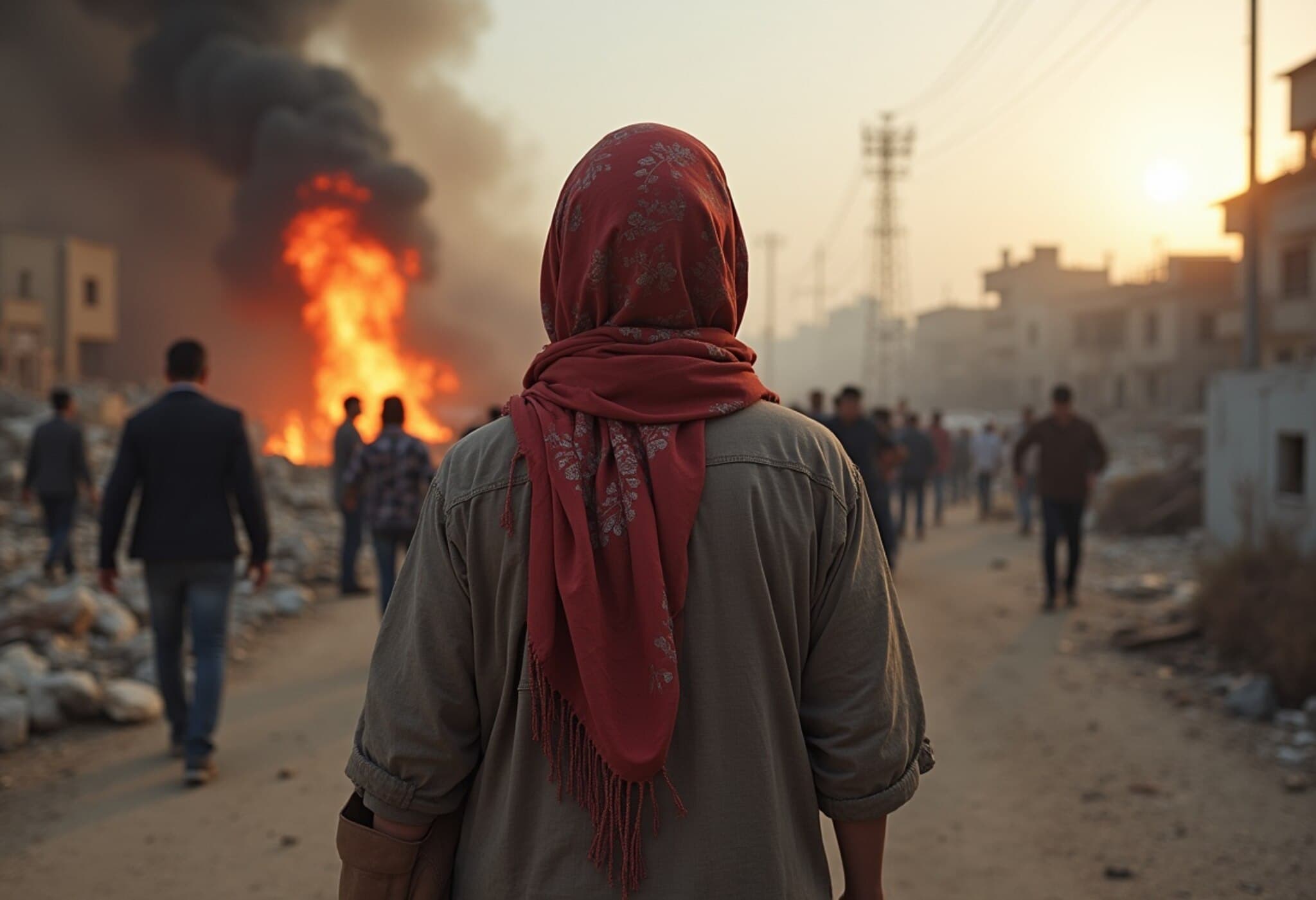President Isaac Herzog Addresses Gaza Crisis Amid Humanitarian Debate
In a rare visit to the Gaza Strip on July 23, 2025, President Isaac Herzog directly confronted accusations that Israel is responsible for the deepening humanitarian crisis in Gaza. Speaking to Israeli soldiers stationed near the Palestinian territory, Herzog emphasized Israel’s adherence to international law and insisted that the blockade on aid is a consequence of Hamas' interference rather than Israeli policy.
Herzog's Message: Israel Complies with International Law
“We are acting here according to international law. We are providing humanitarian aid according to international law,” Herzog asserted during his visit, marking his first trip to Gaza since the outbreak of conflict in October 2023. The president reaffirmed that Israel is committed to humanitarian principles, pushing back against claims of deliberate obstruction of aid deliveries.
His remarks come amid intense scrutiny of Israel’s blockade strategies and their impact on Gaza’s civilian population, which continues to face shortages of food, medicine, and essential supplies.
Blame Placed on Hamas for Blocking Humanitarian Efforts
Herzog specifically accused Hamas and its affiliates of intentionally sabotaging aid operations to hinder the Israeli military campaign and exacerbate suffering in Gaza. “Hamas and its people are trying to sabotage this aid,” he stated, suggesting that the militant group’s priorities undermine efforts to alleviate civilian distress.
Humanitarian Aid Logistics: Stalled at Gaza Border Crossings
Israel’s Coordinator of Government Activities in the Territories (COGAT), the authority responsible for managing aid flow into Gaza, reported that nearly 950 truckloads of humanitarian supplies are currently waiting at the Kerem Shalom and Zikim crossings, ready to be transported by United Nations agencies into the enclave.
A COGAT official highlighted that this stockpile is enough to meet Gaza’s food needs for about two and a half weeks, signaling that although the situation is dire, immediate starvation is not yet apparent. However, they acknowledged ongoing concerns about uneven distribution and the necessity for swift improvements on the ground.
Distribution Challenges: A Complex Humanitarian Puzzle
Despite the availability of aid at crossing points, the official described the main hurdle as the dissemination of supplies within Gaza. For example, although an agreement was reached to allow 70 to 80 truckloads to be delivered on July 22, only 30 actually made it into the territory.
COGAT representatives are reportedly in continuous discussions with UN officials to improve coordination and ensure that aid reaches those in need efficiently. The situation is complicated by security risks, damaged infrastructure, and governance challenges within Gaza.
UN Perspective: Restrictions and Ground Realities
Contrasting Israel’s stance, United Nations sources consistently report that permissions to collect and distribute aid within Gaza have often been delayed or denied by COGAT, exacerbating delays and shortages. The UN also cites hazardous conditions and logistical complexities as major barriers in reaching vulnerable populations.
Contextual Insights: Navigating Accountability and Aid in Conflict Zones
This dispute over aid delivery underscores the broader, tangled challenges of providing humanitarian relief within active conflict zones. It raises critical questions about the responsibilities of occupying powers under international humanitarian law, the role of non-state actors like Hamas, and the international community’s capacity to safeguard civilians.
Expert analysis suggests that while Israel has legitimate security concerns given repeated conflicts with Hamas, humanitarian corridors and aid facilitation must prioritize civilian protection above political and military objectives. Similarly, a failure by Hamas to cooperate with aid agencies ultimately endangers the very population it claims to represent.
Looking Ahead: The Human Cost and Search for Solutions
As negotiations continue over hostage returns and ceasefire possibilities, the urgency to stabilize Gaza’s humanitarian conditions intensifies. The international community faces mounting pressure to foster transparent, effective aid channels and hold all parties accountable for the wellbeing of civilians caught in the crossfire.
Editor's Note
President Herzog’s recent statements reflect a deeply polarized narrative surrounding the Gaza humanitarian crisis. His emphasis on Israel’s compliance with international law and the attribution of aid blockage to Hamas highlight the complexity of assigning blame amid ongoing conflict.
Readers should consider the multifaceted nature of aid logistics, the security context, and political dimensions influencing the humanitarian situation. Ultimately, sustainable solutions require cooperation from both Israeli authorities and Hamas, supported by robust international mechanisms to ensure aid reaches those in desperate need.
We encourage ongoing scrutiny of all parties involved to promote accountability, protect civilian lives, and move toward a lasting resolution of this prolonged humanitarian emergency.

